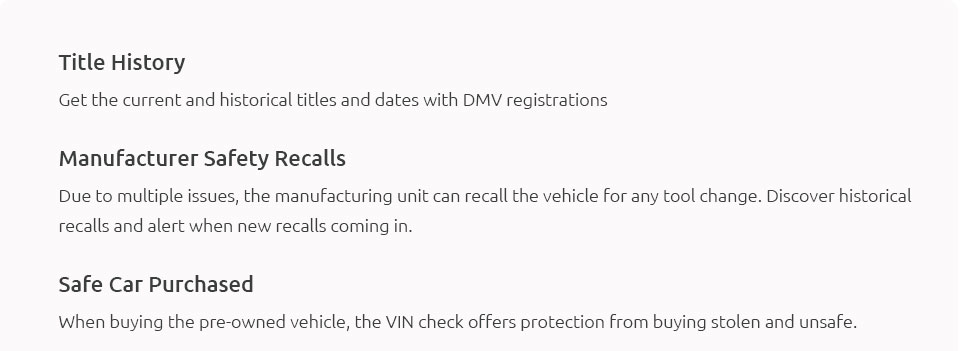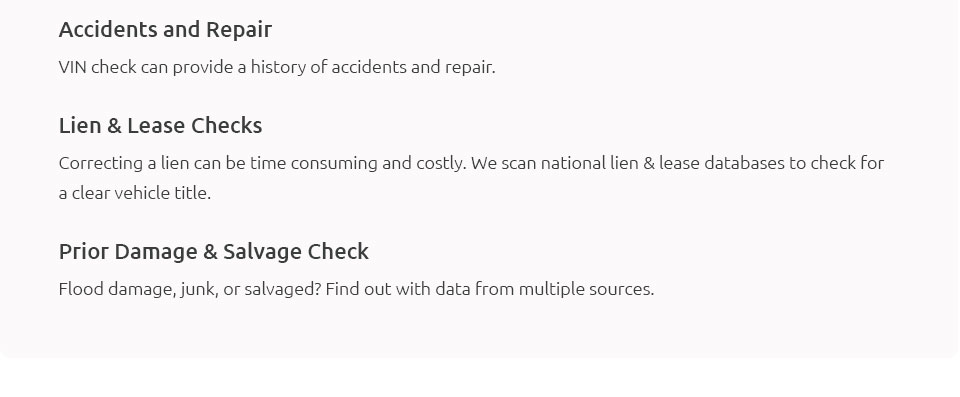 |
 |
 |
||
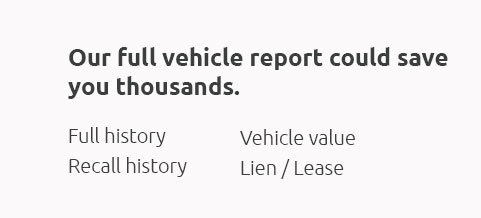 |
 |
|
 |
||
 |
 |
 |
 |
||
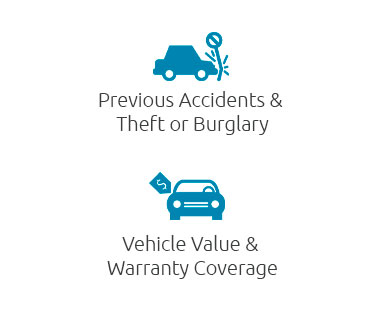 |
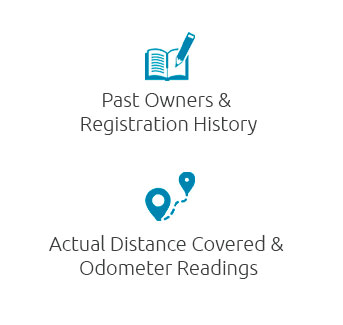 |
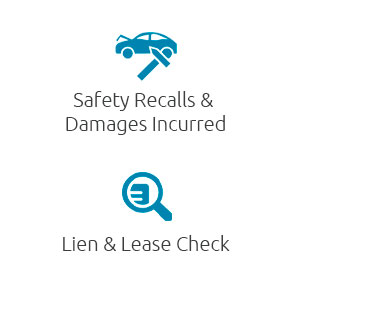 |
 |
 |
||||
|
||||
 |
|
Unlock the full story of your vehicle and mobile home with our cutting-edge VIN Check Service, where every digit reveals a chapter in your asset's history-whether you're uncovering hidden accident reports, tracking previous ownerships, or verifying specifications, we empower you with the knowledge to make confident decisions; and with our exclusive Mobile Home Lookup by VIN feature, you gain unprecedented access to detailed records at your fingertips, transforming uncertainty into assurance and setting a new standard for transparency in the automotive and mobile home industries.
https://lvr2.ibts.org/
Manufactured Home Certifications - Label Verification Letter - Data Plate / Performance Certificate - Regular $75.00 - Urgent $125.00 - Rush $175.00 - Super Rush ... https://www.hcd.ca.gov/building-standards/manufactured-and-factory-built/manufactured-and-mobilehome-insignia
Manufactured & Mobilehome Insignia. The California Department of Housing and Community Development (HCD) insignia is required on mobilehomes, commercial ... https://www.hud.gov/program_offices/housing/mhs/mhslabels
If the certification label (also known as a HUD tag) is missing from a home, the Department does not reissue labels for manufactured homes. However, the ...
|

